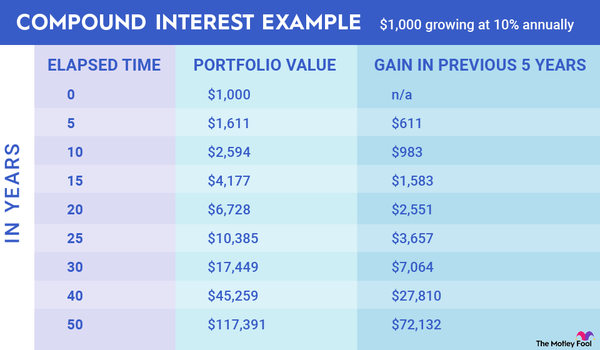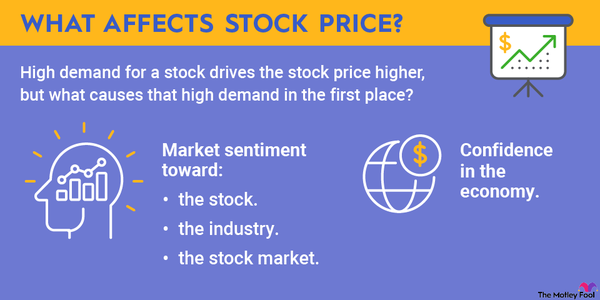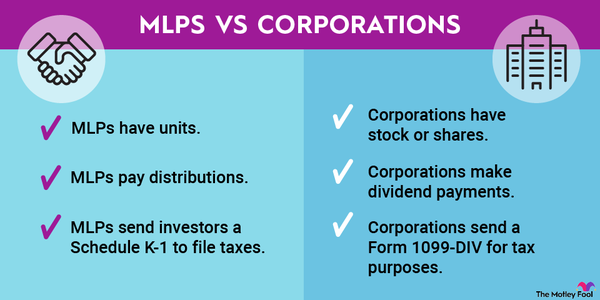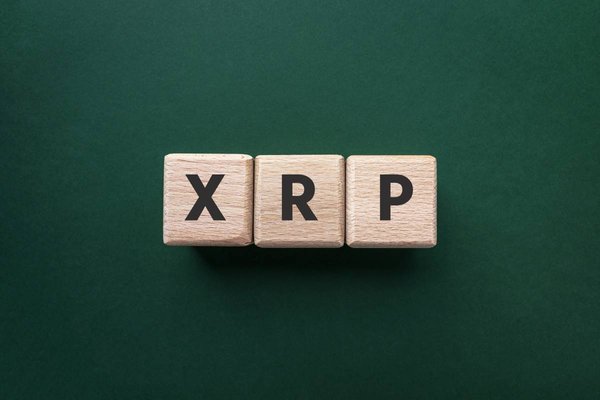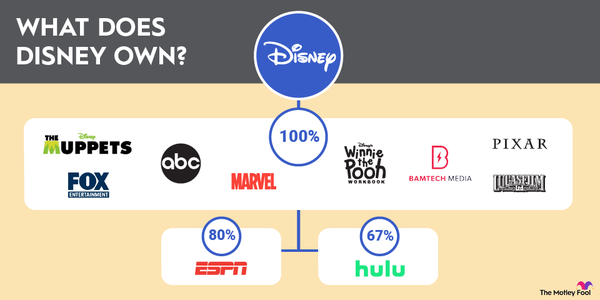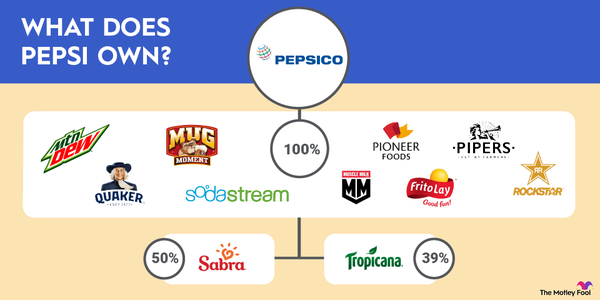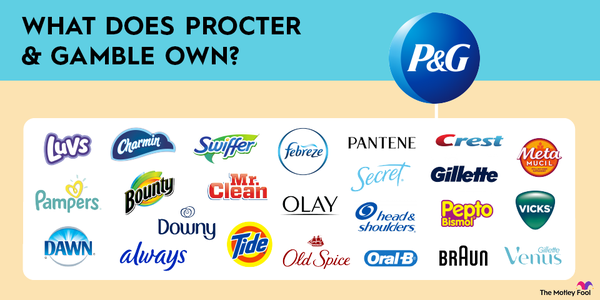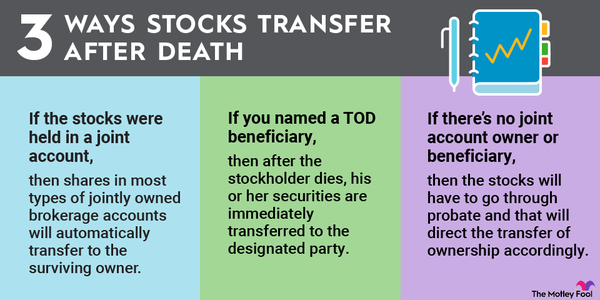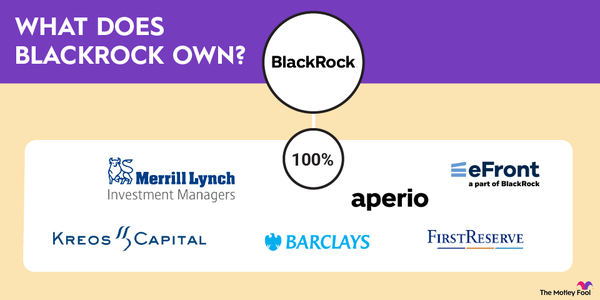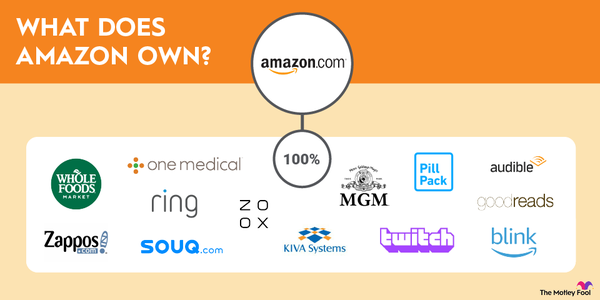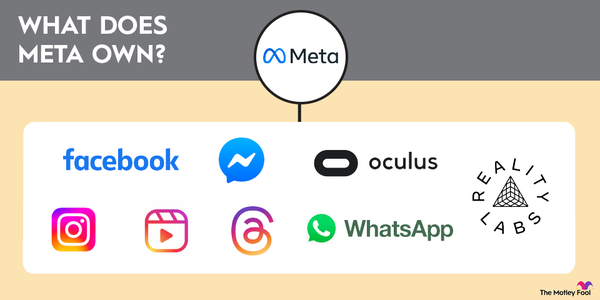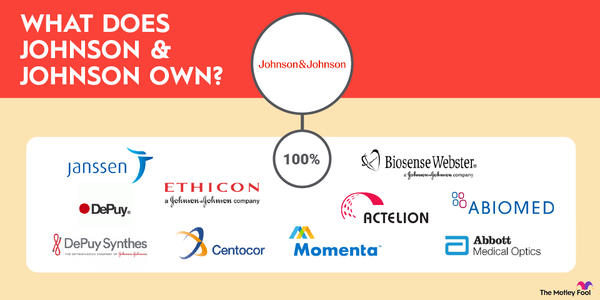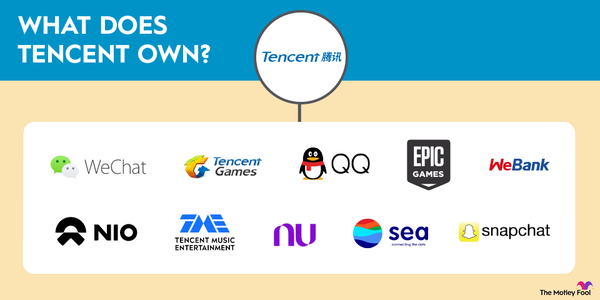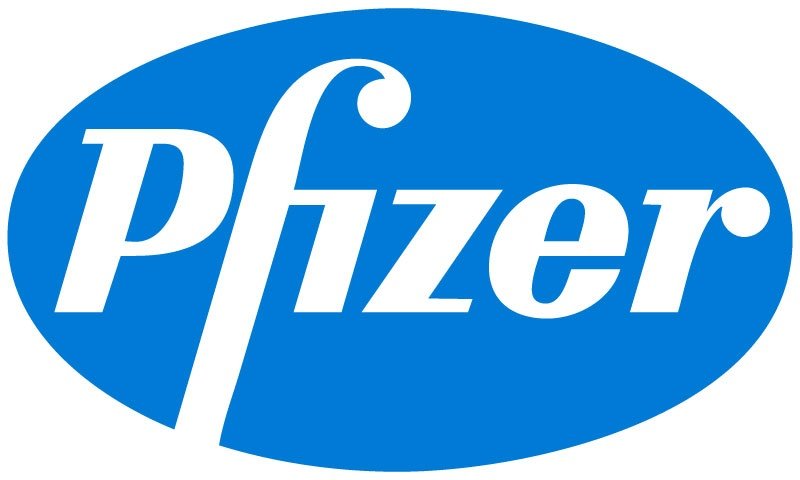
In late 2021, the success of Pfizer's COVID-19 vaccine had practically everyone wondering how to invest in Pfizer. But as of May 2025, the company's shares had tanked more than 50% from their late-2021 and early-2022 highs as sales of the Comirnaty vaccine and its Paxlovid drug slowed significantly. Pfizer also faces a patent cliff for some of its best-selling drugs.
Still, there are a few reasons to be hopeful about Pfizer, including recent acquisitions and promising drugs in its pipeline. Let's discuss how to invest in Pfizer and whether this healthcare stock deserves a place in your portfolio.
Stock
How to buy
How to buy Pfizer stock
You can easily buy stock in Pfizer or any publicly traded company by following these steps:
- Open your brokerage app: Log in to your brokerage account where you handle your investments.
- Search for the stock: Enter the ticker or company name into the search bar to bring up the stock's trading page.
- Decide how many shares to buy: Consider your investment goals and how much of your portfolio you want to allocate to this stock.
- Select order type: Choose between a market order to buy at the current price or a limit order to specify the maximum price you're willing to pay.
- Submit your order: Confirm the details and submit your buy order.
- Review your purchase: Check your portfolio to ensure your order was filled as expected and adjust your investment strategy accordingly.
Exchange-Traded Fund (ETF)
Should I invest
Should I invest in Pfizer stock?
Tanking sales of Comirnaty and Paxlovid aren't the only troubles for Pfizer. In the next few years, Pfizer will lose patent exclusivity for several of its best-selling drugs, including Eliquis, which is used to treat blood clots in adults; breast cancer medication Ibrance; and the Prevnar 13 pneumococcal conjugate vaccine.
All told, the looming patent cliff could cost Pfizer $17 billion in revenue from 2025 through 2030. But Pfizer has also made several major acquisitions that have bolstered its pool of drug candidates. It also has 108 drug candidates in its pipeline that are in various phases of clinical trials.
Pfizer's oncology pipeline is especially robust due to its $43 million acquisition of Seagen Inc. The company has set an ambitious goal of developing eight blockbuster drugs to treat cancer by 2030. Achieving that target would double the number of patients treated (from 2.3 million as of 2023) with its cancer drugs.
Patent Cliff
Management has committed to maintaining Pfizer's dividend, so investors may not need huge gains in share prices to earn healthy returns. However, it's important to be aware of the risks associated not just with Pfizer but with pharmaceutical stocks in general.
The costs of bringing a new drug to market can run as much as $2 billion. Even when a drug candidate reaches phase 3 testing, there's no guarantee it will win approval. The risks of lawsuits and product recalls are also high.
Investing in Pfizer stock could make sense if...
- You believe the stock is undervalued and that investors have overreacted to declining sales for Pfizer's COVID-19 products.
- You think Pfizer's drug pipeline is promising and that its recent acquisitions will pay off.
- You're seeking reliable dividend income and believe Pfizer's dividend is sustainable.
- You already have a diversified portfolio and are looking for additional exposure to the pharmaceutical or biotech industries.
Investing in Pfizer stock isn't a good idea if...
- You're looking for a quick profit, as the company could face headwinds in the short term.
- You're interested in Pfizer primarily as a vaccine stock and don't see much promise for its upcoming pipeline.
- You're concerned about the patent cliff Pfizer is facing.
- You're uncomfortable with the risks associated with pharmaceutical stocks.
- You're worried about the pharmaceutical tariffs President Trump has threatened to impose.
Profitability
Is Pfizer profitable?
Pfizer reported 2024 full-year diluted earnings per share of $1.41, an increase of nearly 281% from the previous year. The remarkable improvement was driven by the strong performance of Pfizer's core portfolio, particularly its drugs that treat cancer and cardiovascular disease. Full-year diluted earnings per share (EPS) were $3.11, a 13.5% increase from 2023.
However, some of that improvement is due to $4 billion worth of cost-cutting measures, including layoffs, that Pfizer achieved through the end of 2024. The company has since upped its goal for cuts to $7.7 billion by 2027.
The company reported $63.6 billion in revenue for 2024, up from $58.5 billion in 2023, with year-over-year operational growth of 7%. However, operational growth climbed to 12% excluding sales of Comirnaty and Paxlovid.
Dividends
Does Pfizer pay a dividend?
Pfizer has been a reliable dividend payer in recent years. In May 2025, it declared a $0.43 dividend, amounting to an annual dividend yield of almost 7.5%. By comparison, the S&P 500 average yield in early 2025 was less than 1.3%.
Keep in mind, though, that investors have been dumping Pfizer stock since 2022. If a company holds its dividend steady when the stock price tanks, as Pfizer has done, dividend yields will soar.
Overall, Pfizer has a good history of paying a quarterly dividend and increasing it over time. Though it hasn't reached Dividend King status just yet, it's increased its dividend for the past 15 consecutive years.
However, income investors should pay attention to the dividend payout ratio, which is the percentage of a company's earnings that it pays out in dividends. As of mid-2025, Pfizer's payout ratio was around 120%. When a company's payout ratio climbs above 100%, that means its dividend payments exceed its net income. While this isn't always an immediate cause for alarm bells, it could be a sign that a company's dividend isn't sustainable.
ETF options
ETFs with exposure to Pfizer
ETFs offer a good way to get exposure to an industry or trend without taking on the risks of investing in individual stocks.
- iShares U.S. Pharmaceuticals ETF (IHE 0.41%): Consider this ETF if you're seeking exposure to the U.S. pharmaceutical industry. The fund's 40 holdings comprise U.S. companies that manufacture prescription drugs, over-the-counter medications, and vaccines. Pfizer is among its top 10 holdings, with a weight of 4.47%. The ETF's expense ratio is 0.39%, meaning you'll pay $3.90 of a $1,000 investment toward fees.

- Vanguard Health Care ETF (VHT -0.08%): This ETF is worth considering if you want broad exposure to the healthcare sector. The fund invests in an index of healthcare stocks consisting of companies that manufacture healthcare equipment, provide healthcare services, or are involved in the research, development, production, or marketing of pharmaceuticals and biotechnology products. In all, the fund has 407 holdings. Pfizer is among the top 10, with a weight of 2.36%. The fund has a low expense ratio of 0.09%, translating to just $0.90 in fees on a $1,000 investment.
- Global X SuperDividend U.S. ETF (DIV 0.35%): If your interest in Pfizer is more about the dividend and less about adding healthcare exposure, check out this ETF. The fund comprises 50 of the U.S.'s highest-yielding dividend stocks. Pfizer accounts for 1.9% of the fund's net assets. The fund's 30-day Securities and Exchange Commission (SEC) yield is 7.85%. The expense ratio is 0.45%, meaning $4.50 of every $1,000 you invest goes toward fees.
Stock splits
Will Pfizer stock split?
Pfizer isn't on our upcoming stock splits calendar, and we don't expect to see it there in the near future. Companies usually split their stock to make it more accessible to everyday investors when the share price has shot up. Pfizer's shares traded in May 2025 for about $23, which is unlikely to scare away a typical investor. Pfizer has split its stock five times, the most recent of which was a 3-for-1 split in 1999.
Related investing topics
The bottom line on Pfizer's stock
In 2021, everyone wanted to know how to get ahold of shares of Pfizer's stock, driven by the release of its COVID-19 vaccine. Just three years later, the company's shares have plunged more than 50% as sales of two of their top drugs slowed greatly. Pfizer also faces a patent cliff for some of its best-selling drugs. Not to mention that risks are always involved when investing in pharmaceutical stocks.
Still, Pfizer has made several promising acquisitions recently that have bolstered its drug pipeline. The company has also committed to maintaining its dividend, though prudent investors should keep an eye on its payout ratio.
This is a good example of the importance of researching companies rather than jumping in with both feet. As with any company you are interested in investing in, you simply must do your due diligence -- know their business models, histories, future plans, competition, and more -- to make the most well-informed decision for your needs.
FAQ
Investing in Pfizer stock FAQ
Is Pfizer a good investment?
Pfizer could be a good investment if you believe the company's drugs in its pipeline are promising and you aren't concerned about declining revenue from its COVID-19 products. Pfizer is also a popular stock among income investors, but it's important to understand the risks of investing in pharmaceutical stocks.
Is Pfizer a public stock?
Yes, Pfizer is a publicly traded stock listed on the New York Stock Exchange under the ticker PFE.
Can you buy Pfizer stock from Robinhood?
Yes, you can buy Pfizer stock using Robinhood (NASDAQ:HOOD) or virtually any other brokerage account. You'll need to enter the ticker (PFE) and the number of shares you want to purchase and then choose between a market order or a limit order to buy the stock.
How to sell Pfizer stock?
To sell shares of Pfizer or any other stock, you'll need to fill out a trade ticket through your broker that includes Pfizer's ticker, the number of shares you want to sell, the type of order you're placing, and when you want the trade to execute.












